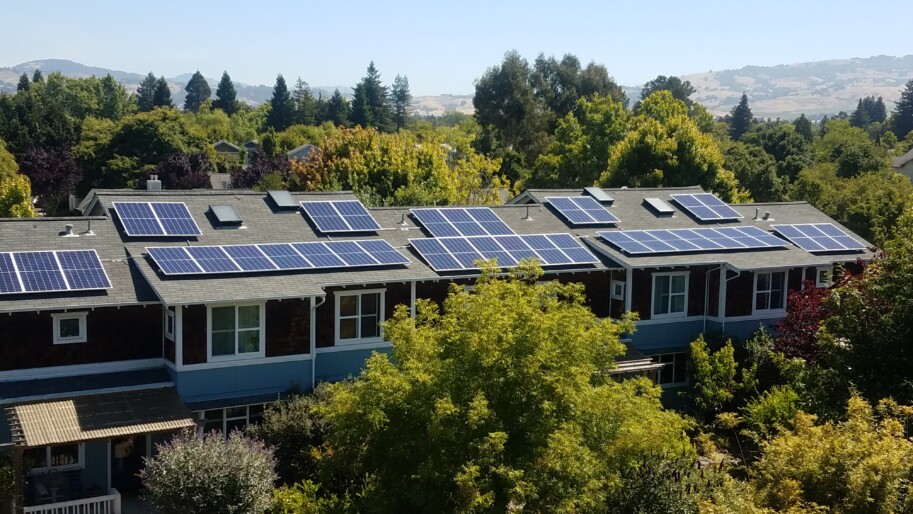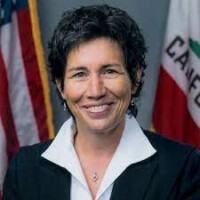Existing law vests the California Public Utilities Commission (CPUC) with regulatory authority over public utilities, including electrical corporations (Investor Owned Utilities (IOUs), e.g., PG&E). Decisions of the CPUC adopted the California Solar Initiative, to be administered by the State’s three largest IOUs and subject to the CPUC’s supervision.
Existing law requires the CPUC to ensure that not less than 10% of the funds for the California Solar Initiative are used for the installation of solar energy systems on low-income residential housing. Pursuant to this requirement, the commission adopted decisions that established the Multifamily Affordable Housing Solar Roofs Program, pursuant to which the electrical corporations provide monetary incentives for the installation of solar energy systems on low-income residential housing.
Existing law requires the CPUC, beginning with the 2016–17 fiscal year and ending with the 2019–20 fiscal year, to authorize the annual allocation of certain amounts of moneys for the Multifamily Affordable Housing Solar Roofs Program. Existing law authorizes the commission to continue authorizing the allocation of those moneys through June 30, 2026, if the commission determines that revenues are available and that there is adequate interest and participation in the program.
This bill would expand those specified requirements to, among other things, include properties in which at least 66% of the households have incomes at or below 80% of the area median income, properties owned by a tribe, as defined, and rental housing properties owned by public housing agencies or authorities, as defined. The bill would extend the requirement that the commission award monetary incentives for those solar energy systems through December 31, 2032. If those multifamily residential properties are new construction, the bill would prohibit using moneys authorized through the program to meet specified regulatory requirements.
Existing law requires that low-income tenants who participate in the program receive credits on utility bills from the program.
This bill would limit the applicability of that requirement to units that are separately metered.

